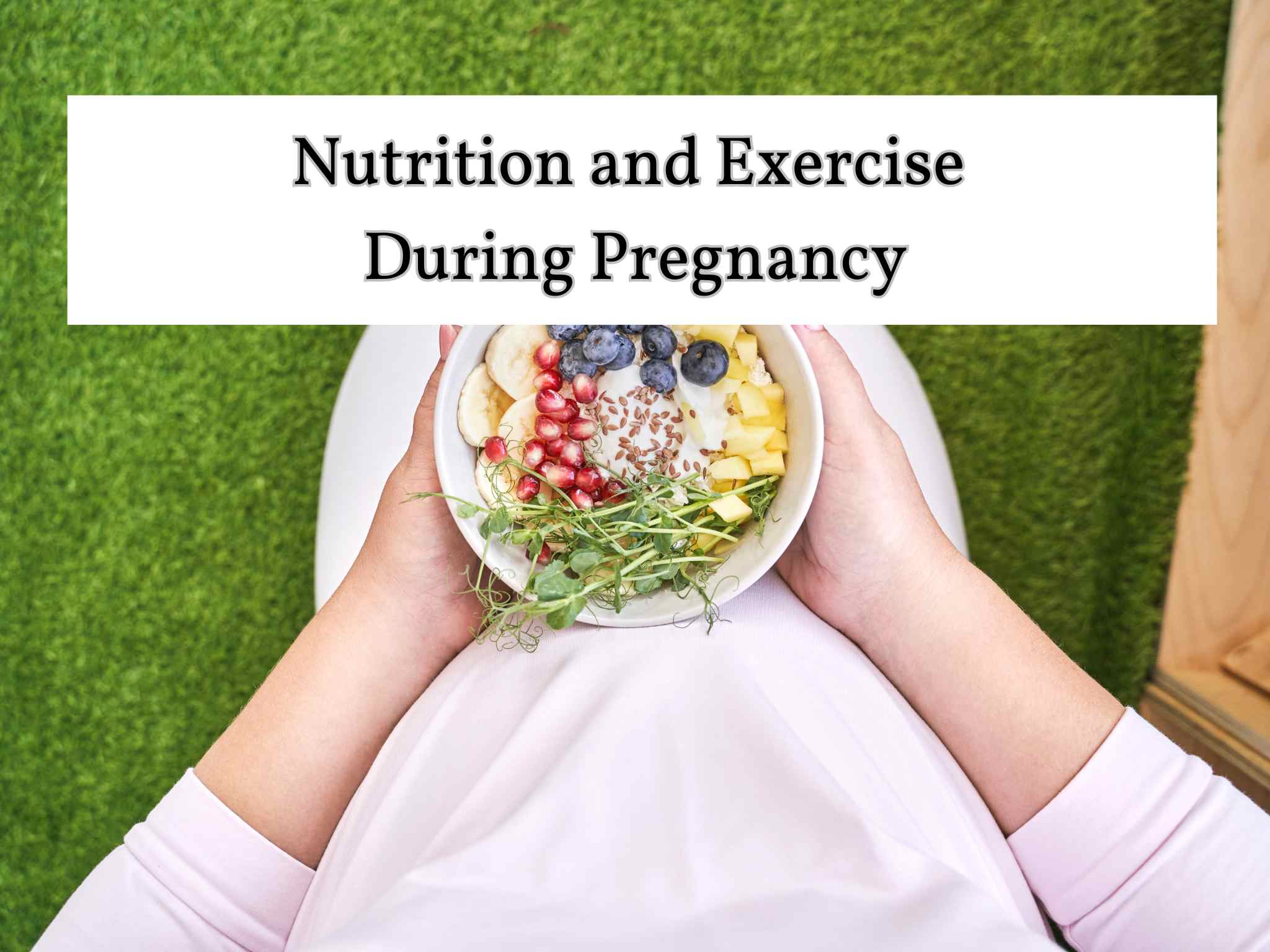Oh no….No more Coke and crisps for you! Hey there moms! I know, I’m just kidding (or not).But hear me out. Nutrition and exercise are two key components that can make a huge difference in how you feel during these nine months. There’s your baby to consider, plus manas, morning sickness, GERD, heartburn, etc to consider. I’m sure you wanna avoid complications later on so let’s dive into some practical tips, personal stories, and advice to help you figure out how to be healthy during your pregnancy.
The Importance of Nutrition During Pregnancy
Eating well during pregnancy is one of the best things you can do for your baby. Good nutrition helps you handle the extra demands on your body as your pregnancy progresses. The goal is to balance getting enough nutrients to support the growth of your fetus and maintaining a healthy weight.
A friend of mine, Pam, who’s a second-time mom, was referred to a nutritionist during her second pregnancy to prevent gestational diabetes. Pam’s consultation was eye-opening. I learned so much about the importance of balanced nutrition. I was actually surprised by how little I knew about pregnancy nutrition.

Key Nutrients You Need
- Folic Acid: This B vitamin is crucial for preventing neural tube defects. You need about 600 mcg per day during pregnancy. Foods rich in folic acid include leafy green vegetables, citrus fruits, and fortified cereals.
- Iron: Iron helps your body make the extra blood needed to supply oxygen to your baby. Aim for 27 mg per day. Good sources include lean meats, beans, and fortified cereals.
- Calcium: Essential for building your baby’s bones and teeth. Pregnant adults need 1,000 mg per day. Dairy products, fortified plant milks, and leafy greens are great sources.
- Vitamin D: Helps your body use calcium. You need 600 IU per day. Get it from fortified foods, fatty fish, and sunlight.
- Protein: Important for your baby’s growth, especially during the second and third trimesters. Aim for about 71 grams per day. Include lean meats, eggs, beans, and nuts in your diet.
Exercises During Pregnancy
Exercise is just as important as nutrition when it comes to a healthy pregnancy. Regular physical activity can help you manage weight gain, reduce back pain, improve mood, and prepare your body for labor and easy delivery.
I started the Fit2BirthMum program at 15 weeks and noticed a huge difference in my strength and energy levels. The variety in the exercises kept me motivated, and I felt fitter and stronger throughout my pregnancy.
Safe Exercises for Pregnant Women
- Walking: A simple and effective way to stay active. It’s easy on the joints and can be done almost anywhere. If you can only do one thing regularly, commit to at least 30 minutes of walking a day.
- Swimming: Provides a full-body workout and relieves pressure on your joints. The buoyancy of the water can be very soothing.
- Prenatal Yoga: Helps improve flexibility, reduce stress, and prepare your body for labor. It’s also a great way to connect with other expectant moms.
- Strength Training: Using light weights or resistance bands can help maintain muscle tone. Just be sure to avoid heavy lifting and exercises that strain your back].
- Kegel Exercises: Strengthen the pelvic floor muscles, which support the uterus, bladder, and bowels. These can help prevent urinary incontinence and make delivery easier.
Maintaining a training schedule not only benefits moms during pregnancy and delivery but also helps in recovery postpartum. Aside from walking, light squats, lunges, and using a stationary bike were my go-to exercises.
Tips for Staying on Track
- Listen to Your Body: Pregnancy is not the time to push your limits. If you feel tired or uncomfortable, take a break. It’s important to stay active, but it’s equally important to rest when needed.
- Stay Hydrated: Drink plenty of water before, during, and after exercise. Dehydration can lead to dizziness and other complications.
- Wear Comfortable Clothing: Invest in a good pair of supportive shoes and a comfortable sports bra. As your belly grows, you might also find a belly support band helpful.
- Consult Your Healthcare Provider: Always check with your doctor before starting any new exercise routine. They can provide personalized advice based on your health and pregnancy.
Remember, every pregnancy is unique, so what works for one person might not work for another. Listen to your body, stay informed, and don’t hesitate to seek help from professionals.
Don’t forget to sign up for my weekly pregnancy newsletter for more tips and tricks to help you navigate this incredible journey. You’ve got this, mama!

